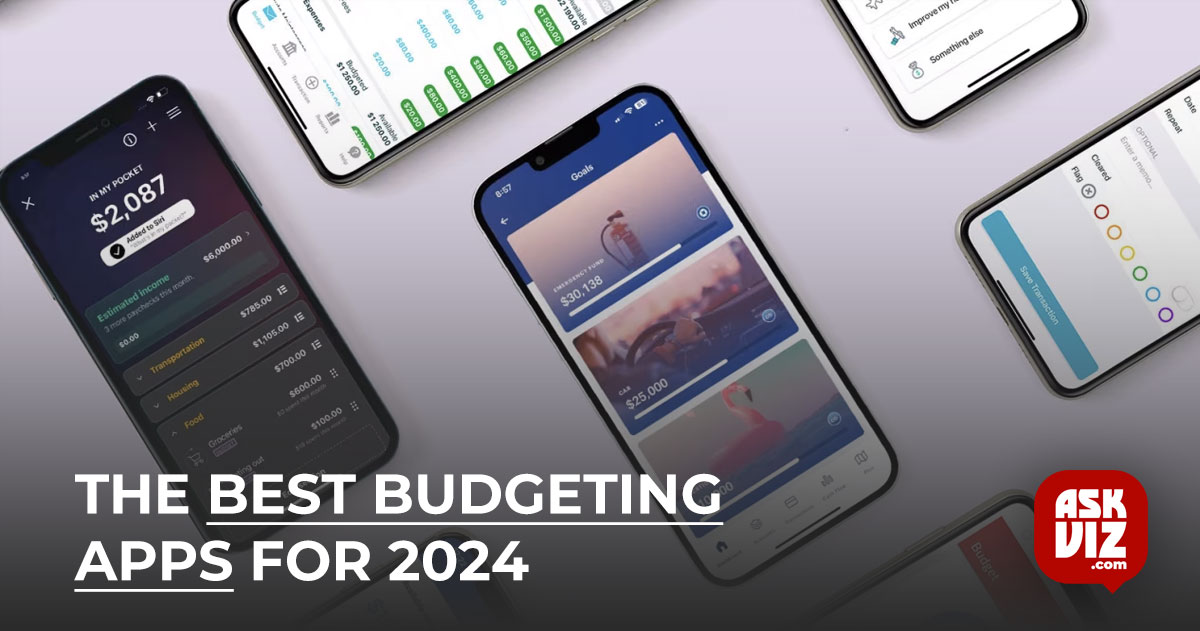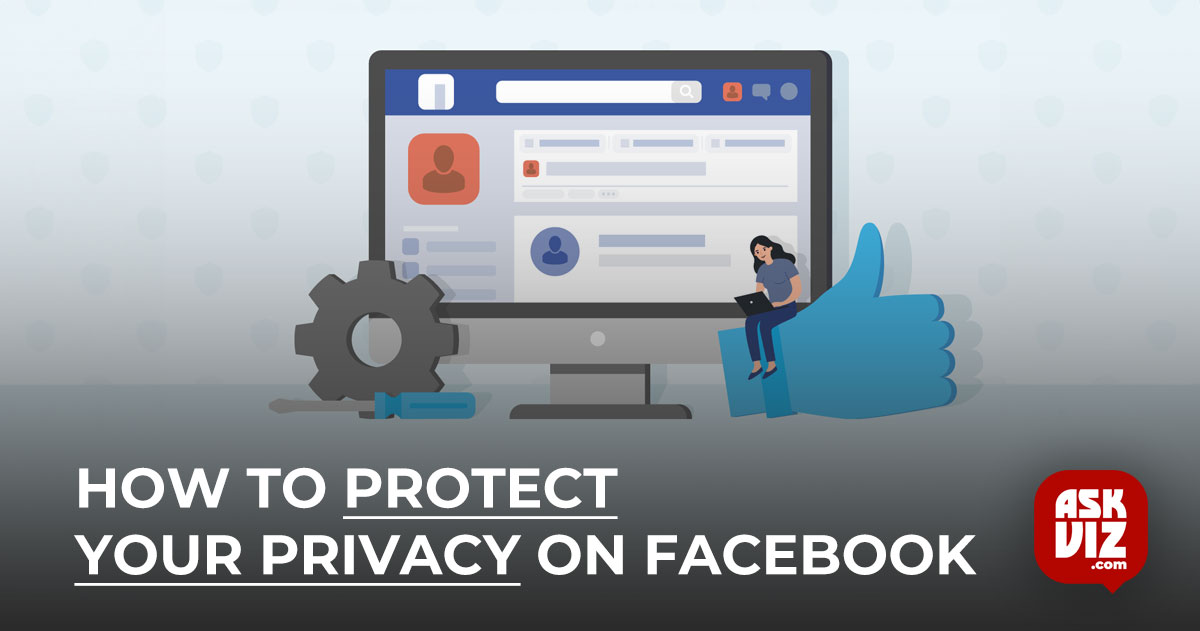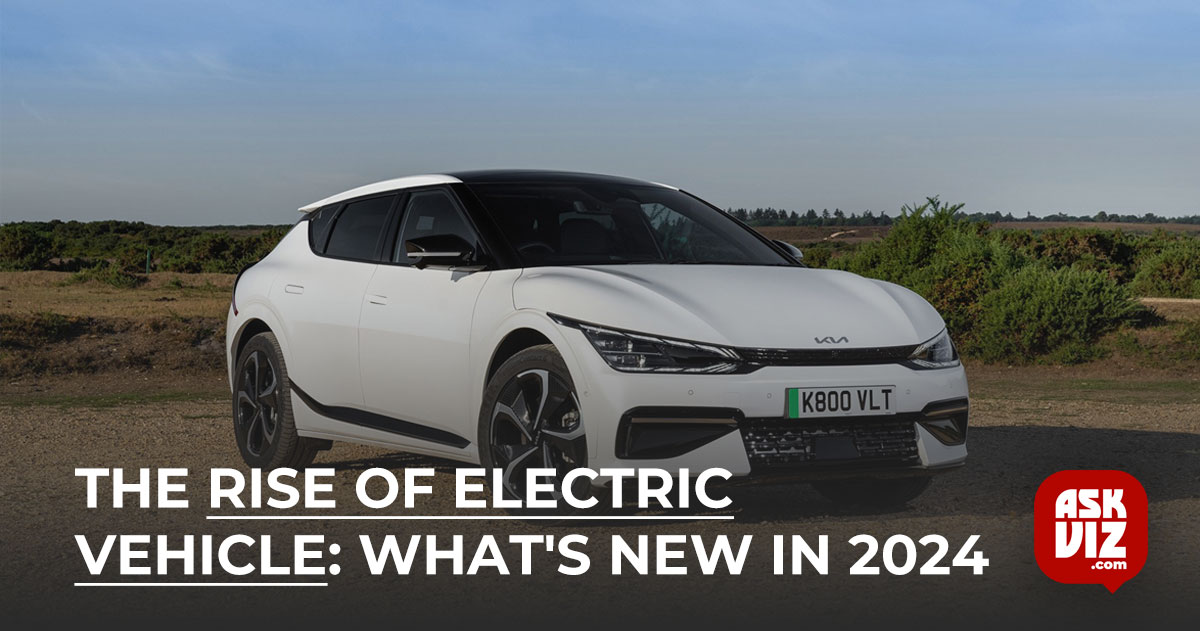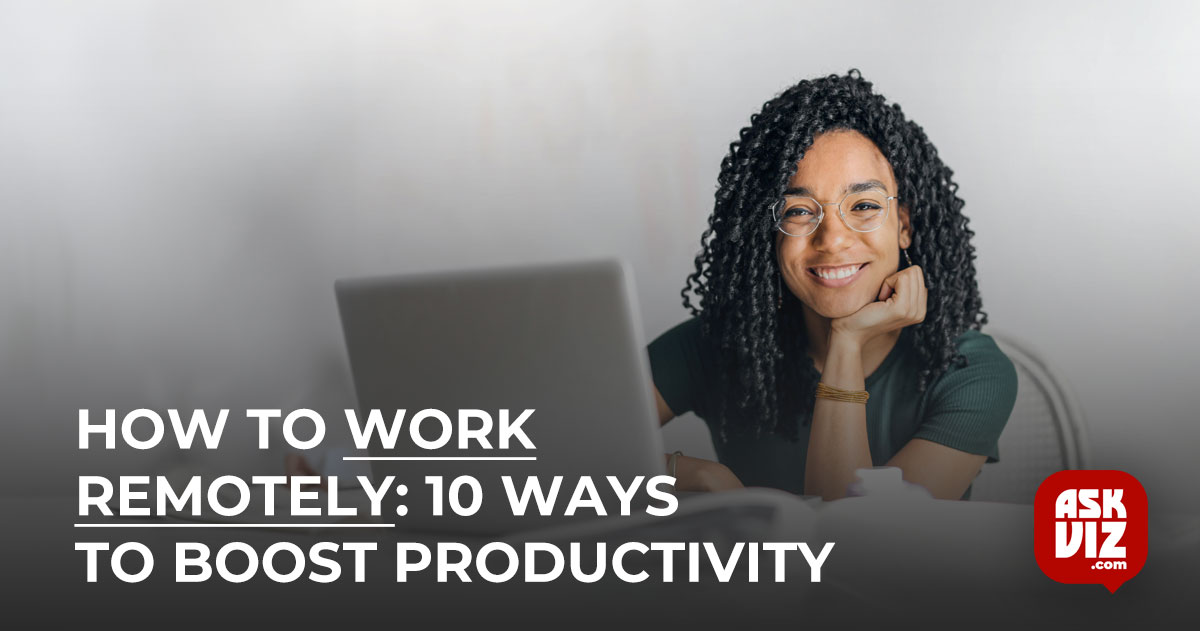A monthly budget that you create and follow may be essential to your financial success. You should make it a practice to keep track of the amount of money that comes into and goes out of your home on a daily basis, especially when you’re first starting off.
Having the correct support is helpful in forming any habit. Whichever budgeting tool you choose—a fully functional software, an advanced spreadsheet, or more manual methods—is the one you’ll actually use. Forbes Advisor Canada has compiled a list of the top three budgeting apps for March 2024 and is offering this list to assist you in your hunt for the ideal tool.
Best Budgeting Apps
- YNAB (You Need A Budget): Best Budgeting App For Achieving Financial Goals
- Goodbudget: Best Budget App For Budgeting Using Envelopes
- PocketGuard: Best Budgeting App For Tracking Spending
For the purposes of this list, Forbes Advisor focused on apps that are available to Canadian consumers. The apps shown on this list offer a variety of useful features and tools that can meet varied personal finance and money management needs.
App details are accurate as of December 1, 2023.
| Company | Forbes Advisor Rating | Cost | Time Period for Free Version | Number of Ratings |
| YNAB (You Need A Budget) | After free trial, $20 ($14.99 USD) per month or $132.20 ($99 USD) per year | 34 days | 63,000+ | |
| Goodbudget | Free; Plus version is $10.68 ($8 USD) per month or $93.47 ($70 USD) per year | Unlimited | 32,000+ | |
| PocketGuard | Free version; Plus is $10.67 ($7.99 USD) per month, $46.72 ($34.99 USD) per year or $106.81 ($79.99 USD) for lifetime | Unlimited | 8,500+ |
A monthly budget that you create and follow may be essential to your financial success. You should make it a practice to keep track of the amount of money that comes into and goes out of your home on a daily basis, especially when you’re first starting off.
Having the correct support is helpful in forming any habit. Whichever budgeting apps you choose—a fully functional software, an advanced spreadsheet, or more manual methods—is the one you’ll actually use. Forbes Advisor Canada has compiled a list of the top three budgeting apps for March 2024 and is offering this list to assist you in your hunt for the ideal tool.
What Makes Budgeting Crucial?
Lack of a budget or financial plan can overwhelm and worry you out, which can result in overspending, living beyond your means, and continuing harmful cycles. But as part of your overall money mindfulness, creating a well-thought-out budget may really help you reach your financial objectives, as well as lessen stress and anxiety and enhance your general quality of life.
How Much To Spend

Understanding how much money you make and how you really spend it is the key to making and sticking to a monthly budget. You should have enough money to save and invest for retirement each month, and your income should exceed your costs. Make a budget plan if your balance isn’t where you want it to be.
How to Create a Financial Plan
Make a list of your income and expenses to get your budget plan started. The simplest way to accomplish this is to link your bank accounts to your preferred budgeting apps, but you can also do it by hand using a spreadsheet or pen and paper. Next, make a distinction between your variable and fixed expenses. The term “fixed expenses” refers to costs that are constant from month to month and include things like housing, utilities, insurance, child care, and loan payments for things like credit cards, cars, and student loans.
Groceries, entertainment, eating out, travel, and streaming services are examples of variable costs. Lastly, think about including monthly donations to emergency or retirement savings accounts. Look at your variable expenses first to discover where you may make budget cuts if your expenses are higher than your income. After that, you can think about strategies to reduce fixed costs, including refinancing your loan or relocating to an area with cheaper rent.
How to Set a Grocery Budget
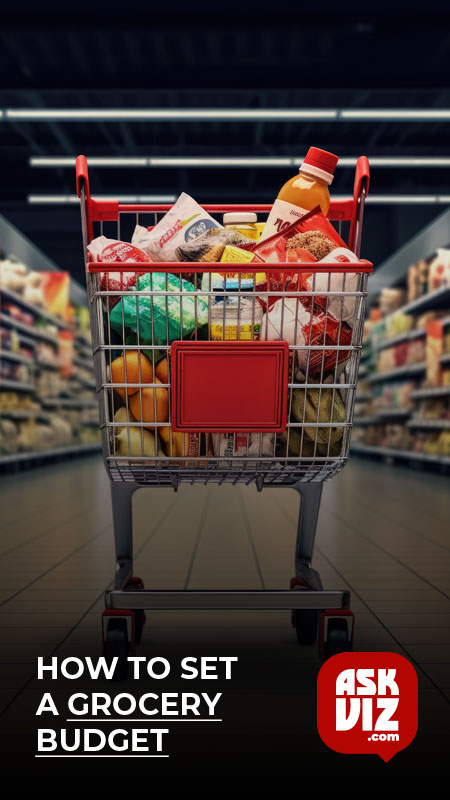
Creating a grocery budget might be challenging because everyone must eat. Compare your grocery budget to the USDA’s food plan if you’re not sure how much to set aside. Remember that unique dietary needs could result in a greater grocery spend.
Meal planning might help you reduce your food expenditure. Make a monthly schedule for preparing recipes that utilize common products or pantry staples. Since meat is an expensive item, cutting back on meat on Mondays can also help save money on groceries. You can also save some money by purchasing in bulk as opposed to single-use packaging.
How Much a Vacation Should Cost
A trip might be a fun way to save money if you have some extra cash on hand. Selecting your destination and spending limit is the first stage in creating a vacation budget. You can divide $5,000, which you want to use for a beach vacation in a year, into a monthly savings target of about $420.
Uncertain whether you want to spend a lot of money on a trip? Think about less expensive choices, such as taking a road vacation, or keep an eye out for a good offer. When you plan ahead for your holiday, you’ll have the money accessible for when those dream ski lodges become available for reservations or when airfares drop.
How to Set a Rent Budget
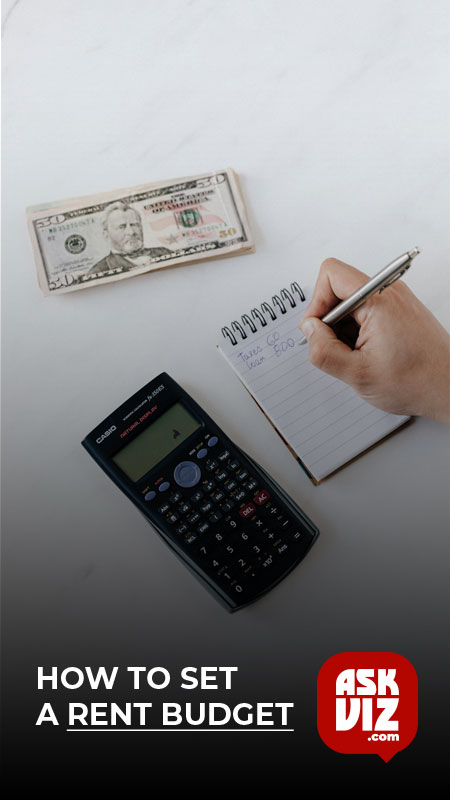
Use the 28/36 method to figure out how much you should be paying for rent. According to this budgetary guideline, you should spend no more than 28% of your pre-tax income on housing or 36% of your income overall on debt (which can include school loans, a car payment, and housing combined). By applying this formula, you can afford up to $1,224 in total monthly loan payments and $952 in rent if your monthly income is $3,400.
Relocating to a less expensive neighborhood or sharing an apartment or house might both help you save money on housing. If you are unable to find more inexpensive lodging, you may need to seek for other places to make savings in your budget.
How to Set a Wedding Budget
One of the biggest expenses most people will incur in their lifetimes—a wedding can cost tens of thousands of dollars—aside from purchasing a home or vehicle.
As you save for your wedding, find out who might be able to help out first. Family members can volunteer to cover a portion of the cost of the wedding or give a predetermined sum of money that you and your future husband can use anyway you see fit. Next, figure out how much each of you and your partner can provide.
Once you’ve established a baseline budget, choose how to divide your money. Make a list of the usual wedding costs and decide which ones are most important to you. Among the crucial line items are:
- Decor with flowers
- wedding clothes Snapshots
- Rentals and catering
- Gifts and favors
- Sending out invitations
- Rings of Music
- Participant
- Spend money on the things that you value most. Check out wedding-planning software if you need assistance breaking down expenses.
What Constitutes an Effective Budget?
Setting financial objectives and tracking your spending and saving patterns are the first steps in creating a budget. You are better equipped to deal with both the anticipated and unforeseen financial issues life throws at you when you have a true understanding of how much money is coming in and going out.
It matters what kind of attitude you have when handling your finances. A crucial first step in taking charge of your finances is creating a budget. In case you have never managed a personal budget, it can require several cycles for your habits to adjust. Additionally, the correct software can assist you if you need to change your financial habits.
Budgeting Apps: What Is It?
An app for budgeting is one that helps you make the best decisions about your monthly expenditures and savings. Budgeting apps can help you obtain more insight into your financial decisions and routines by centralizing all of your financial obligations and objectives.
Budgeting apps might include extra features like financial goal-setting and cash flow tracking across several financial accounts, much like the apps you might use from your bank or credit union. Budgeting apps can link to your credit card and bank accounts to give you a complete picture of your money.
While some budgeting apps focus on a particular method to budgeting, such as envelope or zero-based budgeting, others cover budgeting more broadly and offer customization options based on your needs. You may track your spending, make recurring bill payments, create savings objectives, and oversee monthly cash flow with the aid of a feature-rich budgeting tool.
Pros of Apps for Budgeting
- 1. Advantages synchronization: You may connect numerous accounts with many budgeting tools to obtain an overview of your finances in one location.
- 2.Establishing goals: Setting up several financial goals, like a down payment on a house or a vacation, and tracking your progress toward them is made simple by budgeting software.
- 3. Easy access: Your tablet or smartphone may simply be used to access apps for budget check-ins and expenditure tracking while you’re on the go.
- 4. Mechanization: Using apps, you may design and maintain your budget more passively. Time and effort can be saved as compared to manual budgeting techniques.
Cons of Apps for Budgeting
- Device restrictions: Apps for budgeting don’t usually have desktop versions available. Additionally, they might not be as intuitive to use as the mobile versions when they are.
- Charges: A lot of budgeting apps involve monthly usage or subscription costs; the ones that don’t could try to sell you something through in-app advertisements.
Alternatives to Budgeting Apps
Budgeting apps aren’t the only way to manage your money and track your spending. Here are some alternatives to budgeting apps to consider.
Budgeting Software
While mobile apps are convenient for day-to-day budgeting, you might prefer software for a more robust money management experience. Software programs like QuickBooks or Quicken offer expanded capabilities beyond budgeting, like tax software integration and payment management. However, these added features often come at a higher price tag than mobile apps, so consider what you can afford to spend.
Spreadsheet Budgeting
Spreadsheet budgets are highly customizable, making this method ideal for anyone who needs something more hands-on than budgeting apps. With a spreadsheet, you can record your income, keep track of your expenses and see where your money goes each week or month. Excel and Google Sheets are popular choices.
The 50/30/20 budgeting method lends itself well to budgeting with a spreadsheet because you can divide expenses, discretionary spending and savings into categories within the sheet and allocate individual expenditures to each category. To get started, use our 50/30/20 budget calculator.
Expense Tracking Apps
For some, building a detailed budget might not be necessary or might feel too advanced. When this is true, just tracking your spending could be a good place to start. You can do this by looking through your bank or credit card statements periodically or using an app. Expense tracking apps give you a snapshot of your spending by category. While you can use them to budget, you can also just use it to sync your different bank accounts and see your activity more clearly.
Cash Envelope Budgeting
If a mobile app isn’t your style, you might prefer manual budgeting. Budgeting without the help of technology is a good way to hold yourself accountable for your spending. Envelope budgeting or cash stuffing is a tried-and-true system for visualizing your budget that can be done manually.
When you get paid, you’ll distribute portions of your paycheck into envelopes. Each envelope will be designated for a specific category, such as rent, food or gas. With this system, you give every penny of your paycheck a purpose and cannot spend beyond what’s in your envelopes.
FAQs
What is the best budgeting app?
The best budgeting app is the one that best suits your personal finances. Each of the apps recommended above has features to help you avoid common budgeting mistakes and that can apply to a variety of money-managing styles and financial goals. Some banks and credit unions also offer budgeting and tracking tools within their own apps.
What are the best free budgeting apps?
There are several excellent free budgeting apps to choose from here that may meet your needs. However, the best free budgeting app for you is the one that will best serve your personal financial goals. To find the right app for you, don’t hesitate to download a few and test them out for yourself.
What is the easiest budgeting app?
While many budgeting apps claim to have user-friendly interfaces, each person has different likes and preferences. It is difficult to say which budgeting app is easiest to use, but all of these highly ranked budgeting apps are designed to provide a positive user experience.
What is the best budgeting app not linked to a bank account?
If you don’t want to give your bank account information to a budgeting app, YNAB allows for file-based import of transactions as well as manual and automatic tracking. Goodbudget doesn’t connect to your bank account either—instead it requires you to record each transaction manually.

